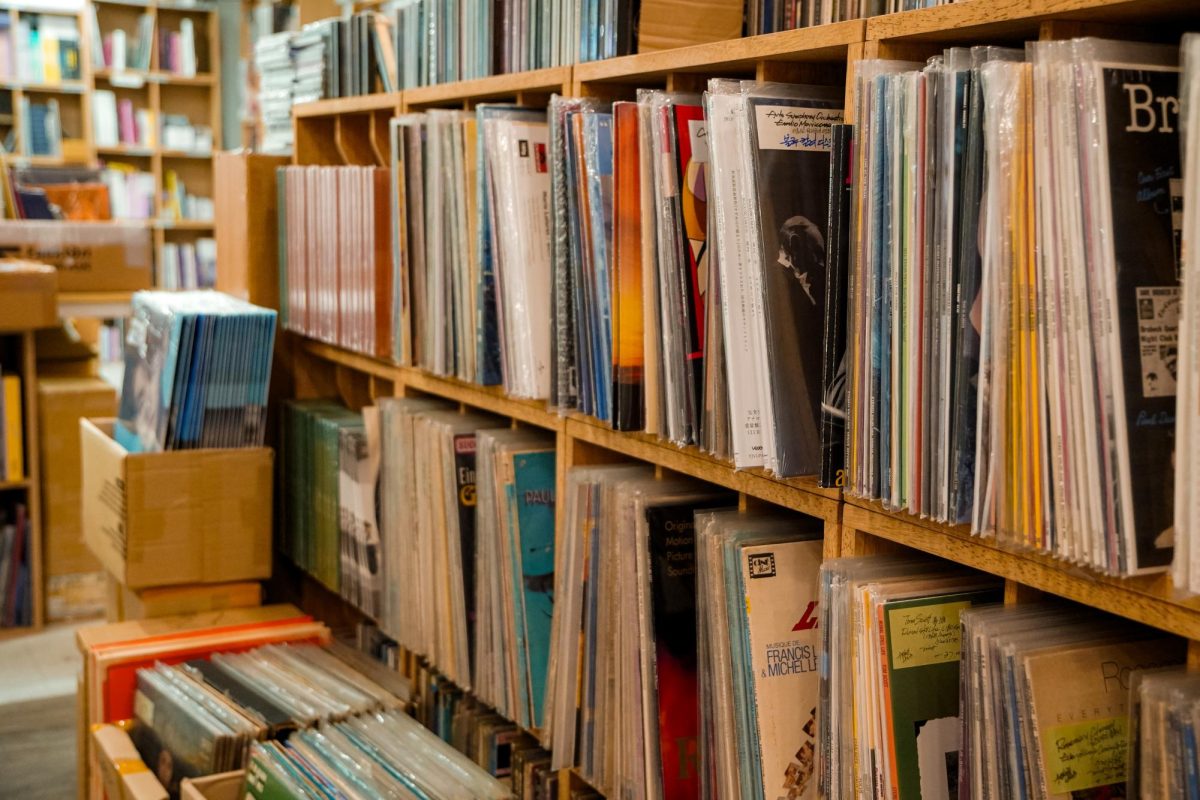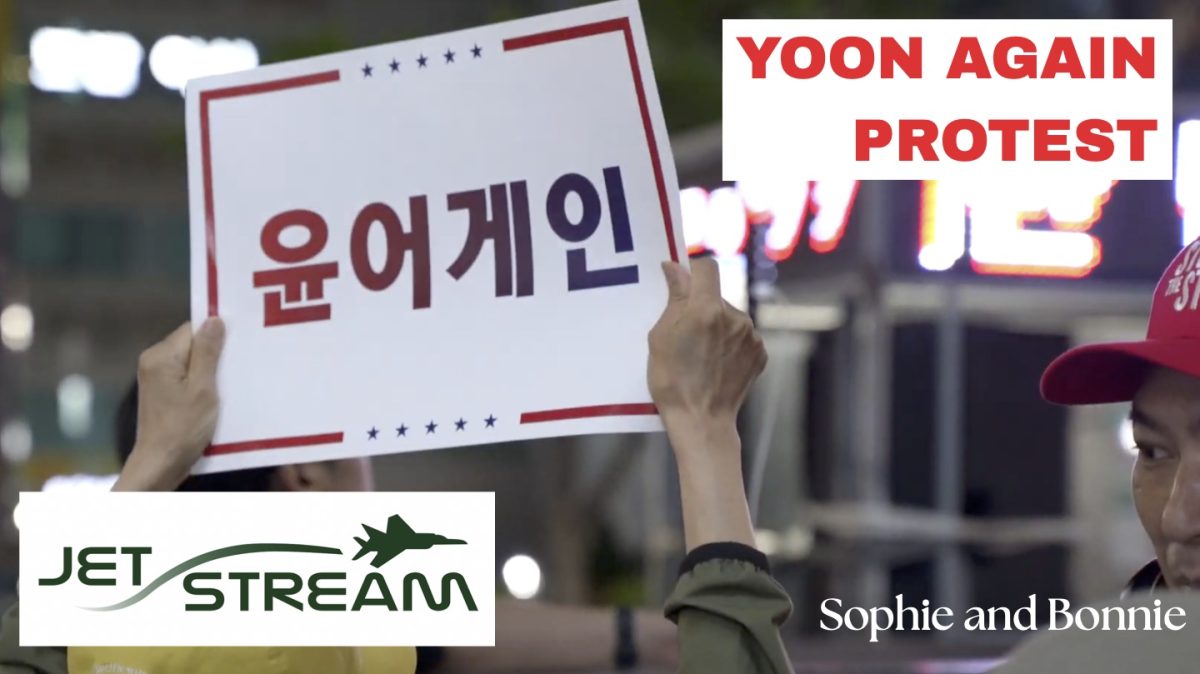Possibilities for an Uncovered Future Remains Foggy
August 31, 2022
Pre-pandemic, medical-grade masks have always been a cupboard staple for Koreans. Rather than wearing masks, microdust apps and governmental alerts on poor air are, unfortunately, things we have become accustomed to. Pollution is a constant, but for Koreans, fine dust has not only permanently stuck to our lungs but also our daily lives.
But where does the debris exactly come from? Most Koreans blindly believe Sinophobic propaganda promoted by the radical right. Believers of this rhetoric scoff at China’s admittedly large carbon footprint and its multitude of factories, but they fail to see past rose-colored glasses that Korea’s annual coal usage accounts for 13.8% of the world’s consumption. Although the Moon administration announced the 2050 Carbon Neutral Strategy in an attempt to decrease the remaining 1% demand for coal, carbon maintains its direct correlation with economic growth which further strains the need for a clearer sky – according to an interactive piece published by the New York Times, Seoul’s microdust levels are at 161 µg/m3, making the air quality to be considered “very unhealthy”. Unhealthy to breathe and live, but certainly “very unhealthy” for looking beyond the smog in hope of a better atmosphere.
Minimizing microdust has also latched onto political campaigns and their promises in the recent 20th presidential elections. But this merely stops at another political divide. Microdust issues go past empty promises from materialistic politicians – like a true democratic society, if the government is incompetent, the citizens should be far from it. Will the Yoon administration do better? Unfortunately, the answer to that is foggy.
In other words, as cheesy, over-used, and cliche as it can get, the micro dust issue stops with us.
The most repetitive statements are stated with reason, most obviously because, well, it works! Take reusable bottles with you to cafes, invest in a metal straw, save money while saving the cost of the environment by not eating out, and the list continues. There’s no secret to solving a poor environment: the answers were stated before for decades on end.
My opinion isn’t a new topic (in case that wasn’t obvious already!): it’s clear that we should push ourselves to get to a level where we can actively, and more importantly, consistently repeat atomic habits that help us reach our goal. Although major companies such as Coca-Cola mainly account for pollution, their ecologically “conscious” productions are like a spec of cleaning solution added to a pile of grime. If you made one, small promise to yourself – in my case, limiting the amount of single-use plastic I use within a month – think about the contributions made towards wiping away dust from the sky.
Be it being a bit prudent to save money, or even practicing for ten minutes daily to learn a new instrument, we implement micro habits every day to reach a bigger goal. It’s about time we start reciprocating the same energy for a clearer sky.



















































